Does Crossing Your Eyes Really Make Them Stay That Way?
“If you keep crossing your eyes, they’re going to stay that way!” Many of us heard this as kids, usually from a concerned parent or grandparent. But is there any truth to it?
Let’s take a closer look at what actually happens when you cross your eyes, whether it can harm your vision, and what it means if your eyes naturally turn inward.
Why Can You Cross Your Eyes?
Your eyes are controlled by six muscles that work together to move them in different directions—up, down, left, right, and even inward toward your nose. From infancy, your brain learns how to merge the two separate images from each eye into one, a process called fusion.
When you focus on something very close to your face, your eyes naturally turn inward to bring it into sharp focus. This is a normal reflex called convergence and is an essential part of healthy vision. The same muscle control that allows for convergence also gives you the ability to cross your eyes voluntarily.
Does Crossing Your Eyes Damage Your Vision?
Many kids (and even some adults) enjoy crossing their eyes just to be silly. If you’ve ever been told that this could cause permanent damage, don’t worry—it’s a myth!
While crossing your eyes can make your eye muscles work harder than usual, it won’t cause any long-term harm. You might feel some temporary discomfort or muscle fatigue, similar to how your legs feel after a workout. But just like any other muscle, your eye muscles will recover quickly with rest.
Can Your Eyes Get Stuck Crossed?
The short answer? No. Voluntarily crossing your eyes won’t make them stay that way. Your eye muscles are designed to return to their normal position once you relax them.
However, there is a real condition where one or both eyes turn inward permanently. It’s called strabismus, and it’s caused by a problem with the muscles that control eye movement. Unlike temporary eye crossing, strabismus is a medical condition that often requires treatment, such as vision therapy, corrective lenses, or in some cases, surgery.
What Causes Strabismus?
Strabismus is usually the result of an issue with the way the brain and eye muscles communicate. It can be present at birth, develop later in childhood, or even occur in adults due to an illness or injury. If left untreated, it can lead to amblyopia (commonly known as a lazy eye), which can cause double vision or even vision loss in the affected eye.
When to See an Optometrist
If you notice that your child’s eyes frequently appear crossed or misaligned—even when they’re not trying to do it on purpose—it’s a good idea to schedule a pediatric eye exam. Early intervention is key to treating strabismus and preventing long-term vision problems.
At Optometrists’ Clinic, our team specializes in pediatric eye care and can diagnose or rule out conditions like strabismus and amblyopia. Regular eye exams can help ensure your child’s vision is developing properly and catch any issues early.
Schedule a Pediatric Eye Exam Today
If you’re concerned about your child’s eye alignment or overall vision health, don’t wait! Book an appointment with one of our experienced optometrists at Optometrists’ Clinic. We’re here to answer your questions, provide expert care, and ensure your little one sees the world as clearly as possible.
Call your nearest clinic today to schedule an exam!




